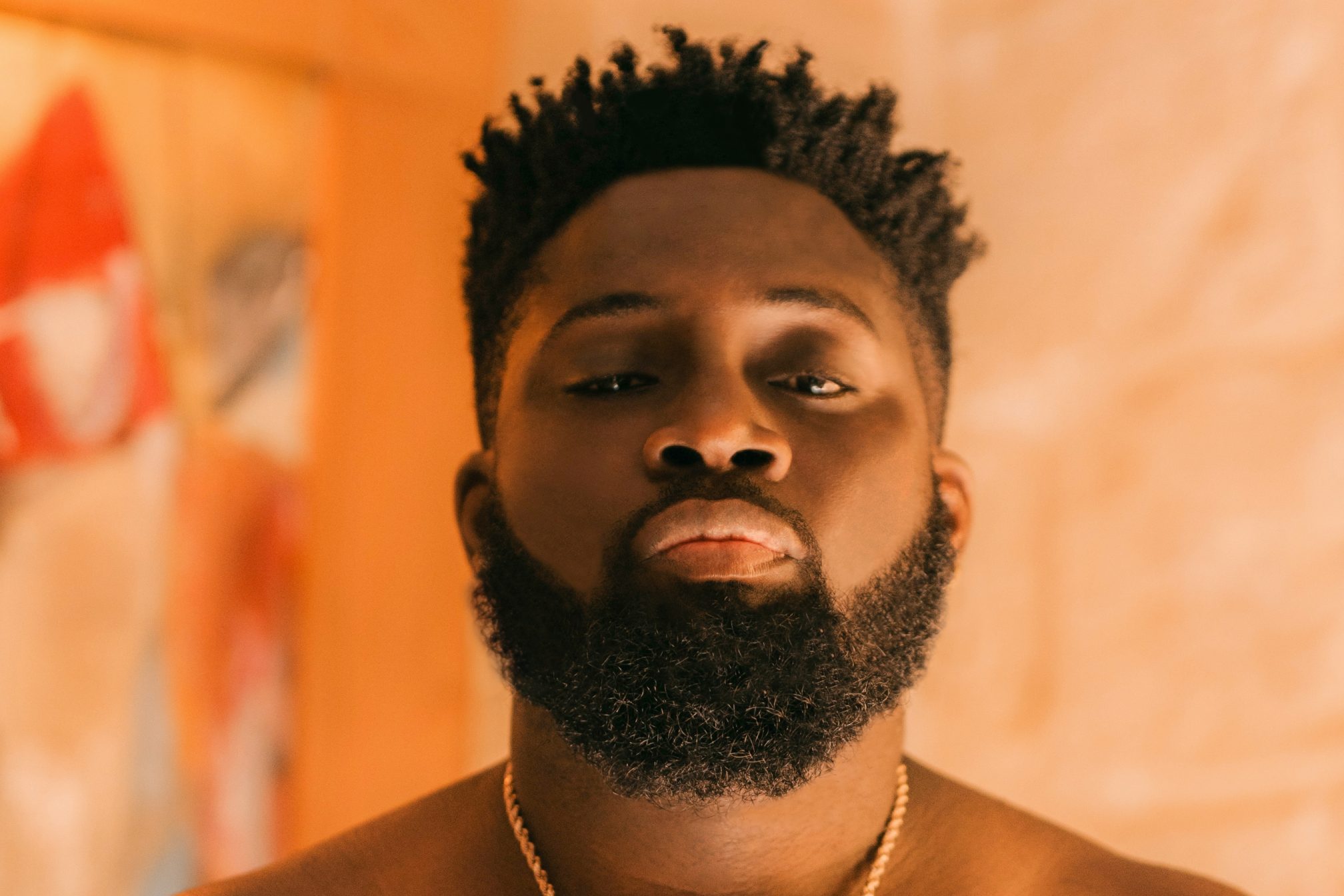 Features
Features
How Juls’ globally-inspired music expresses the warmth of joy and community
Juls' new album is fuelled by musical curiosity, diasporic exploration, and the bridges between shared history and sonic worlds. He speaks to Jesse Bernard about the journey to 'Peace & Love' and manifesting the sound of summer
Banyan trees line the streets of Rio de Janeiro’s Botafogo neighbourhood like curtains that are pulled back to reveal the atmosphere and sound emanating from the homes, restaurants, and bars. One bar in the parade stands out, an anomaly among the rest, VOID, a small chain that also doubles up as a skate and streetwear store. It’s summer in Rio as Christmas approaches in 2021; while in London it’s taken a temporary retreat as winter makes its dramatic entrance. However, the sound of Juls isn’t bound by just the sun and warmer months.
One song cuts through all the noise and the diverse playlist selection, one that feels familiar and reminds an eager traveller of home. The ‘Juls baby’ tag marks the opening of ‘Summer In The Ends’ featuring Jaz Karis and George the Poet, evoking an immediate sense of safety and comfort. The soulful horns and tranquillising rhythm of the track were there in Rio long before the music, with Juls tapping into styles like samba and bossa nova without using it as a pastiche. “Quincy Jones used to tap into a lot of bossa nova, right? Obviously, at that young age I didn't know that was bossa nova but now getting older, studying and listening to Sade [Adu], she tapped into a bit of bossa nova as well,” Juls says, speaking over Zoom in late September this year, ahead of boarding a plane to play at DLT Malta.
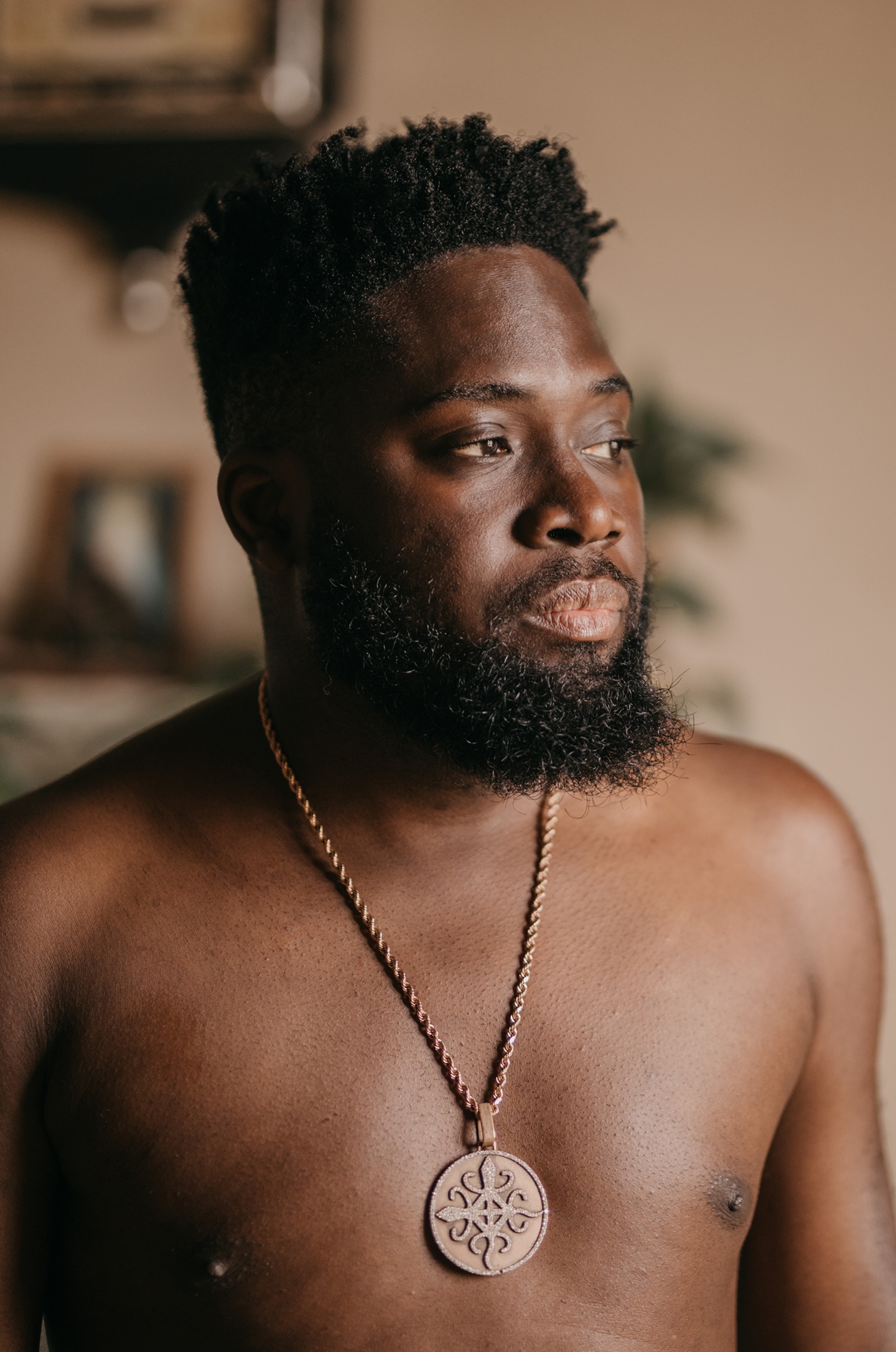
Sade’s ‘Sweetest Taboo’ springs to mind when Juls references the link between globally recognised pop music and Brazilian influences which can often be overlooked. That genealogy between all those popular sounds is a theme Juls has leant into more recently, especially on his debut album ‘Sounds of My World’, released in 2021. “I tapped into, you know, some baile funk on a record I have with Bas from Dreamville, and even with Sango, we worked on some stuff where we blended the Afro elements and the Brazilian elements. There must be a reason I'm just drawn to the sound and this music specifically, right?” he asks. “And I've just dug deeper. Being Ghanaian there's a powerful connection.”
“In the 1830s, Brazilians came to my grandfather's hometown, Jamestown. In Nigeria as well, there were Brazilians who settled in Yoruba land, who went to help with the construction because the Brazilians are just amazing when it comes to architecture,” Juls explains. That richness in history ties those regions together. These are themes the producer from a Ghanaian background, raised in Hackney has been exploring more recently with an inquisitive nature and a sense of curiosity.
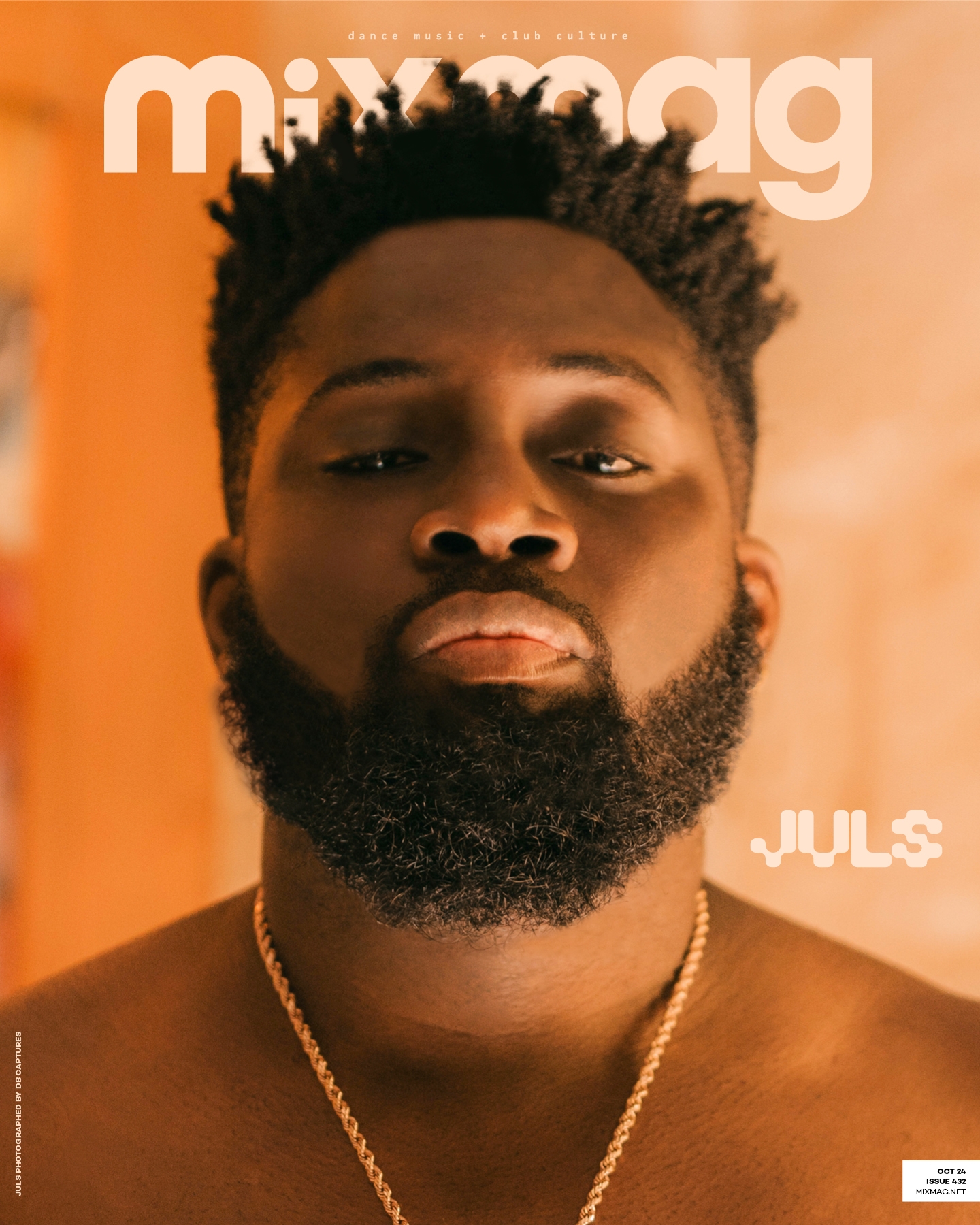
If summer is the expression of joy and community, ‘Summer In The Ends’ is that musical manifestation. It’s a poetic occurrence that a year later, Juls himself would find himself in Rio de Janeiro climbing the hills of Corcovado. It would be one of many stops in a connection-making tour of the diaspora that includes Jamaica, Ghana and the US. “You have to build a community with everyone you interact with,” he says.

In July 2023, Juls performed to a crowd nearing a thousand people, if not more in São Paolo underneath a viaduct called Vale do Anhangabaú in the historical centre of the sprawling city. It was part of an event curated by Deekapz widely regarded as one of the most popular DJ and production duos in Brazil, especially in their hometown of São Paulo. If Juls were to perform on the same line-up with anyone it would be Deekapz because both artists share a synergy in their varied soulful, Afro-led sounds.
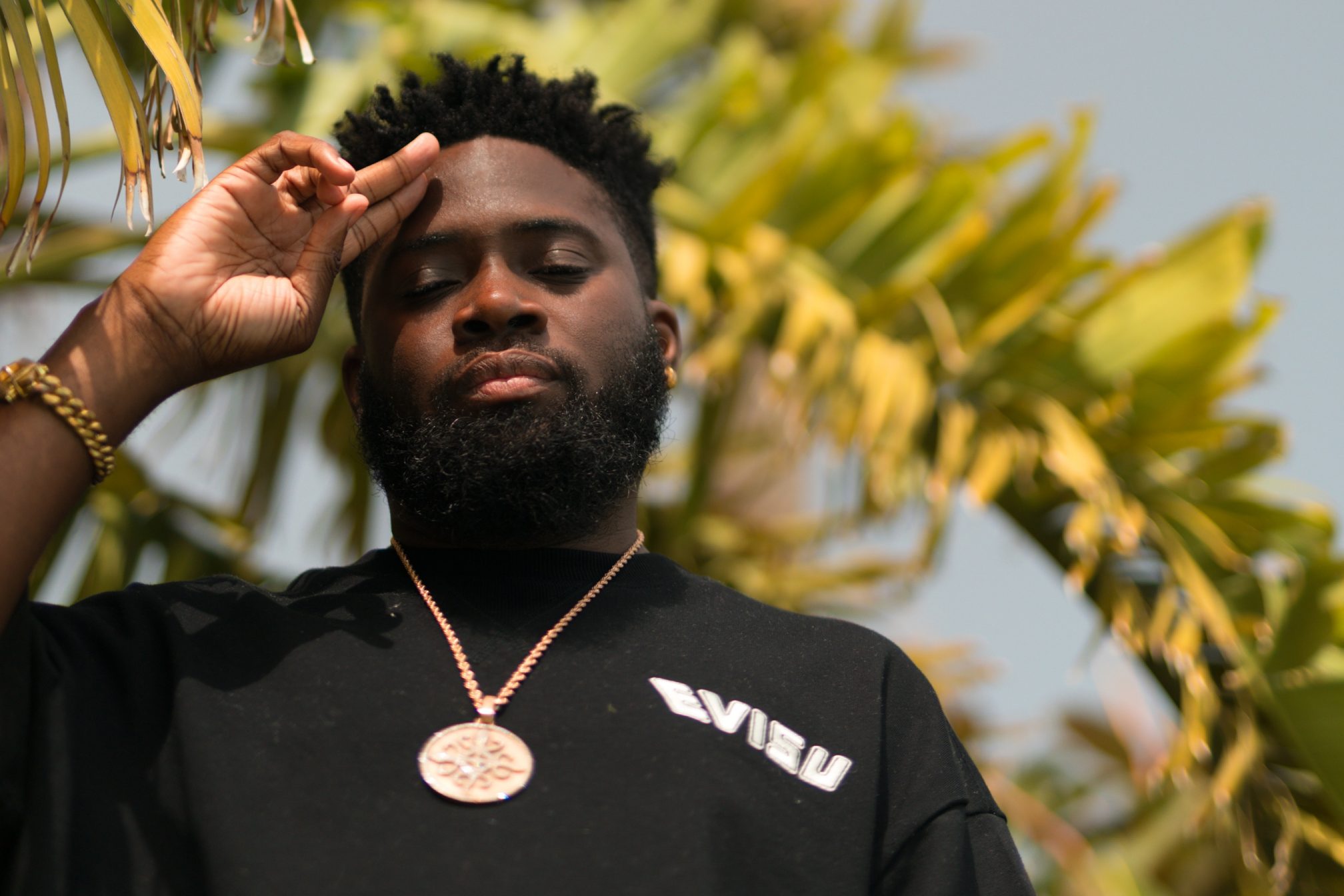
We had previously tried to meet during our respective stays in Rio de Janeiro and São Paulo. Every Thursday night in the neighbourhood of Osasco, on the fringes of São Paulo, Brazilian dancehall artist Emcee Lê hosts a night called More Fya Club at his brother’s bar. Juls was keen to attend the event but schedules never quite aligned, such is the life for touring artists. It was that curiosity of wanting to experience dancehall in Brazil that speaks to his desire to enrich his life with new experiences that he pours into music. In São Luiz, a city in the most northern state of Maranhão during the early days of reggae, there sits a reggae museum that tells a history of the genre’s influence on the region. In the 1960s, DJs were jacking the airwaves from Jamaican radio and broadcasting in São Luiz, approximately 4,200 km from the Caribbean island.
Juls also shares that during his travels across South America, the Caribbean, West and South Africa, he had been making a film exploring how Black music across these regions share similar traditions and histories. “That trip was just very eye-opening for me. I wanted to go to Haiti, knowing its history of being the first Black nation to gain independence. I was inspired by sounds such as kompa and they also use a lot of heavy African percussion,” Juls says. “I found myself experimenting with those types of sounds. That’s been my foundation lately, tapping into those sounds through building a stronger, bigger network.”
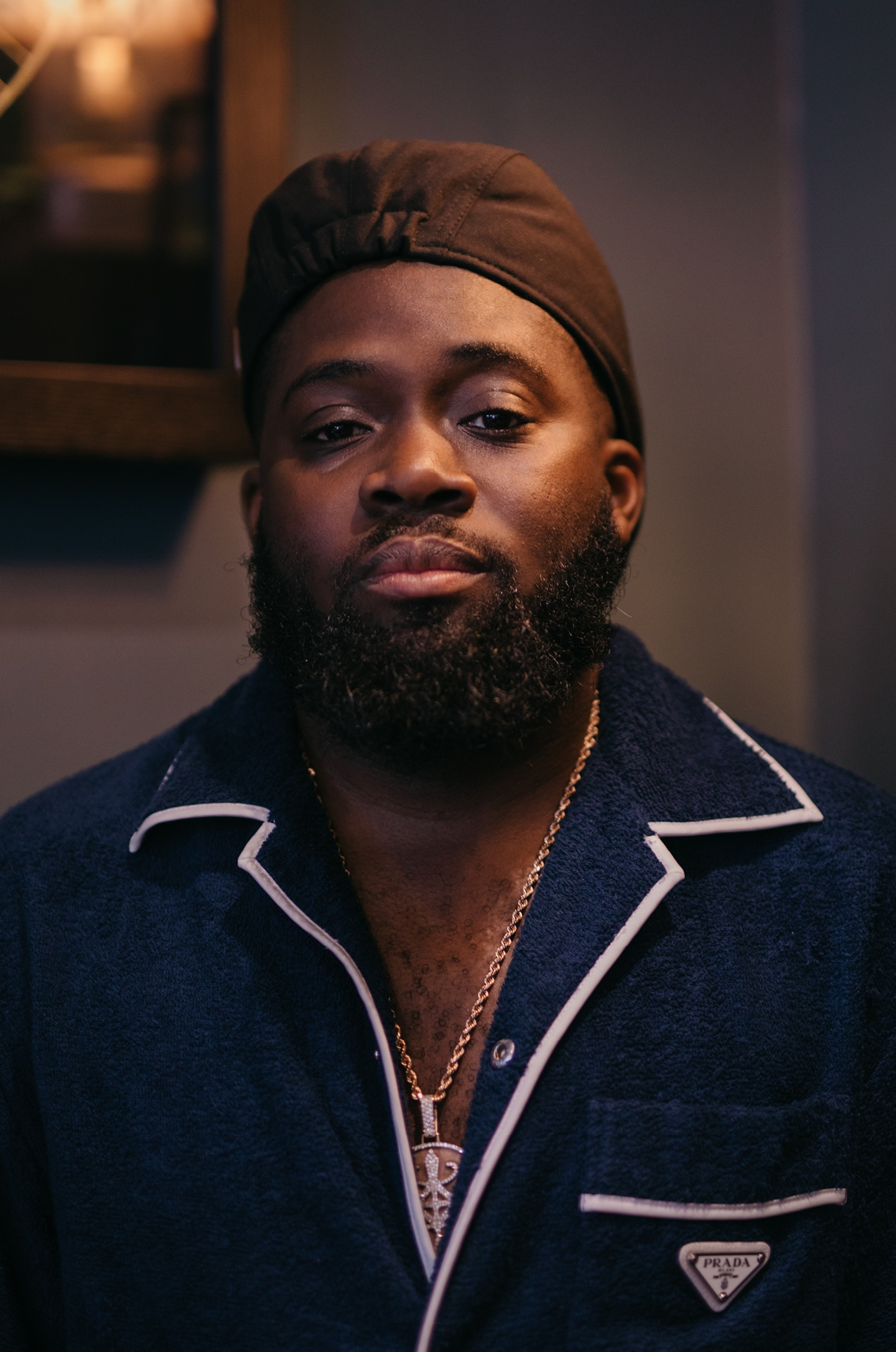
For over a decade, Juls’ production list reads like a hall of fame of artists across Afrobeats, UK rap, alté, reggae and more such as Wizkid, Burna Boy, Projexx, Wande Coal, Mr Eazi, Pa Salieu and Cruel Santino. That approach materialises on Juls’ latest album ‘Peace & Love’, featuring guest appearances from Unknown T, Wretch 32, Konshens, Black Sherif, Projexx, Nkosazana Daughter, and more. ‘Summer Never Ends’ featuring Jaz Karis & Ghetts can be described as a sequel to ‘Summer In The Ends’ and exemplifies the marrying of UK rap, R&B and Afrobeats that has become a staple for Juls. It’s also warming to hear Ghetts use a softer tone of voice when we’re often so used to his sharp and precise delivery, it’s inviting. On the album’s opener ‘Leap of Faith’, Juls adds another layer to the historical bridge between Ghana and Jamaica through the use of Nyabinghi drum and it sets the tone for the odyssey of sound listeners are taken on.

Thematically, ‘Peace & Love’ reminds us that we can choose hope and optimism in a world that continually tries to rid us of those virtues. There’s a feeling of safety and comfort that it offers listeners; when you hear the ‘Juls baby’ tag at the beginning of a track, you know that all will be okay for a brief fleeting moment. At his listening party in early October, Juls appeared to feel relief. Relief that an album that had taken him to Jamaica, Nigeria, Brazil and Ghana was approaching its release.
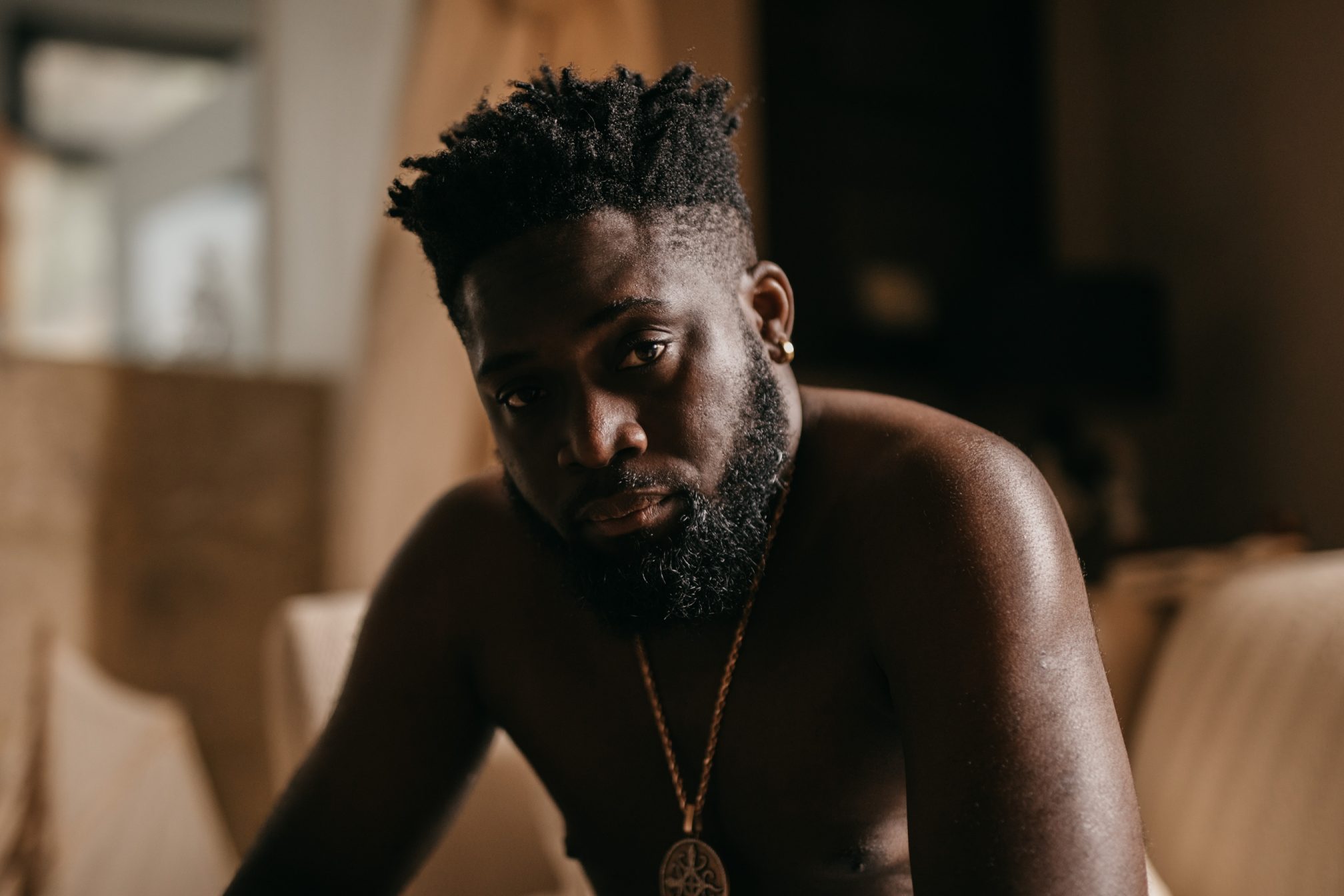
The themes felt across Juls’ work explore deeper ideas around the migration of sound and how that has manifested with the evolution of technology since the 19th century. That early period came through industrialisation, slavery and the reshaping of the global economy. But post World War II and more recently since the internet began, music styles and forms across the diaspora that share similar structures and patterns have digitally migrated. And particularly as music technology has evolved in so many ways over the century so has our ability to draw from a much wider pool, recognising it’s more about how genres such as baile funk, Afrobeats, kuduro, bossa nova, highlife, samba and jazz intertwine than how they different they sound.
His earlier reference to Sango, the Seattle-born, Michigan-raised producer who rose to prominence through his ‘Da Rocinha’ mixtape series, wasn’t without merit. For a few years now, Juls and Sango have been sounding boards for one another in their conversations; there are also cultural exchanges taking place, where they use their experiences in music to tell a wider story of how Black music from across the diaspora shares a lineage. “Even though we're not working on music, we're just having extensive conversations. Sango is a historian, he would just give you some knowledge of something. I'm just like, how does this guy even know that?” Juls tells me.
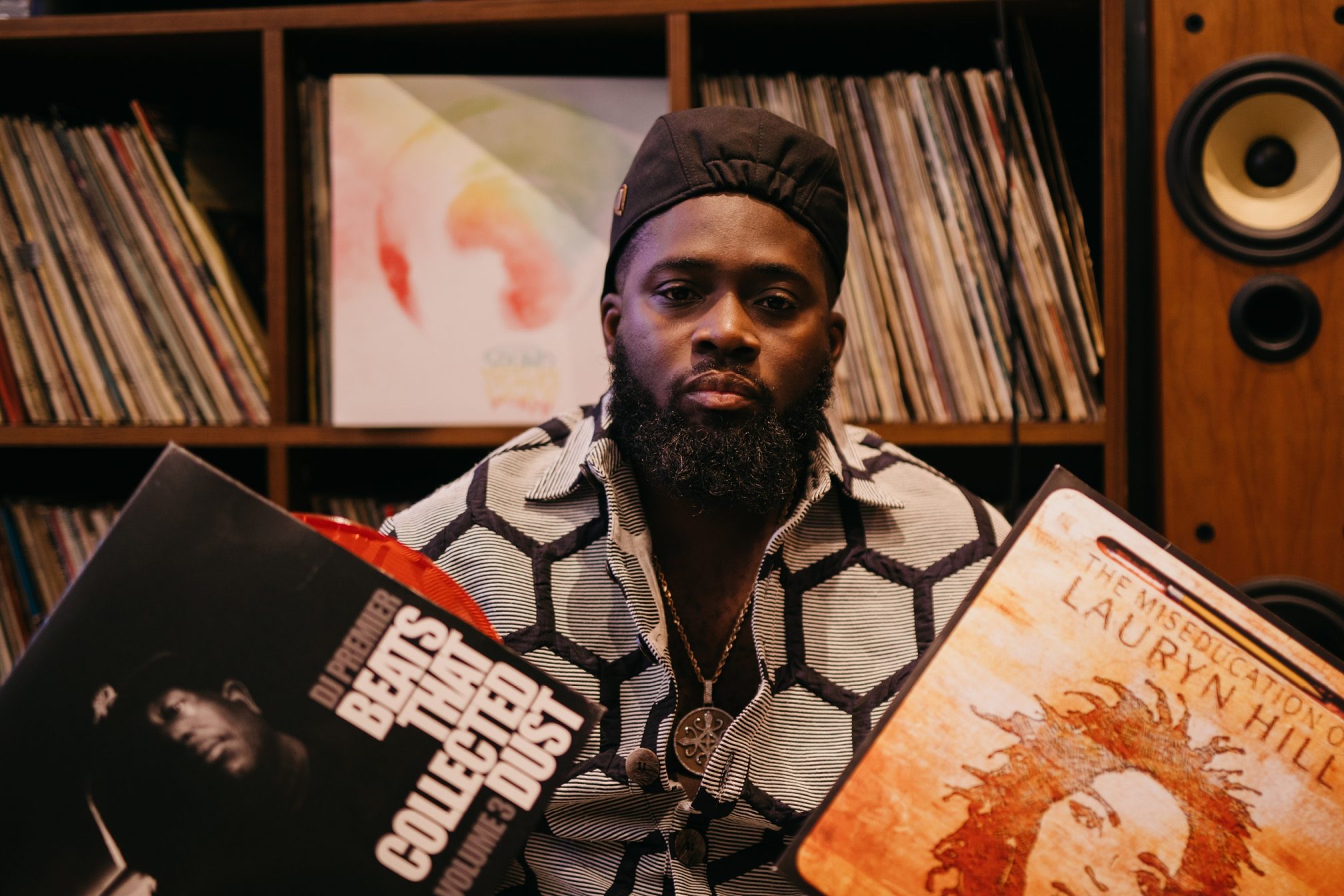
Through these conversations, Juls contextualises how his upbringing in London has influenced what he makes today. “That's why he samples some of these things. A lot of the things he samples are based on, you know, how he feels connected and just living above his history with Detroit house music. My foundation growing up was jazz music, and getting older, hip hop and African music came later. But growing up, it was jazz and reggae that was rocking the house.” Their relationship naturally led to a two-track EP called ‘Fufu & Grits’ released via Soulection, marrying various styles.

The lessons he’s also learned from his father also influenced Juls’ career so far. “He always taught me to be content with what you have and, you know, just stay focused and keep working,” he candidly shares. “You should leave room for mistakes and you should leave room for failure because failure is what's going to help you.”
Compared to his previous album, the crafting of ‘Peace & Love’ wasn’t a smooth journey and once he arrived at the destination, there was a sense of euphoria. “This was probably one of my most difficult projects [to work on]. I think the game is different. There's so much red tape. Some artists are strategic with how they want to collaborate and others aren’t as forthcoming. Some people have ways in which they want to create but these things may set you back, make you take it to a dark place, regardless of who you are and how much impact you have, because your ego kicks in,” Juls adds.
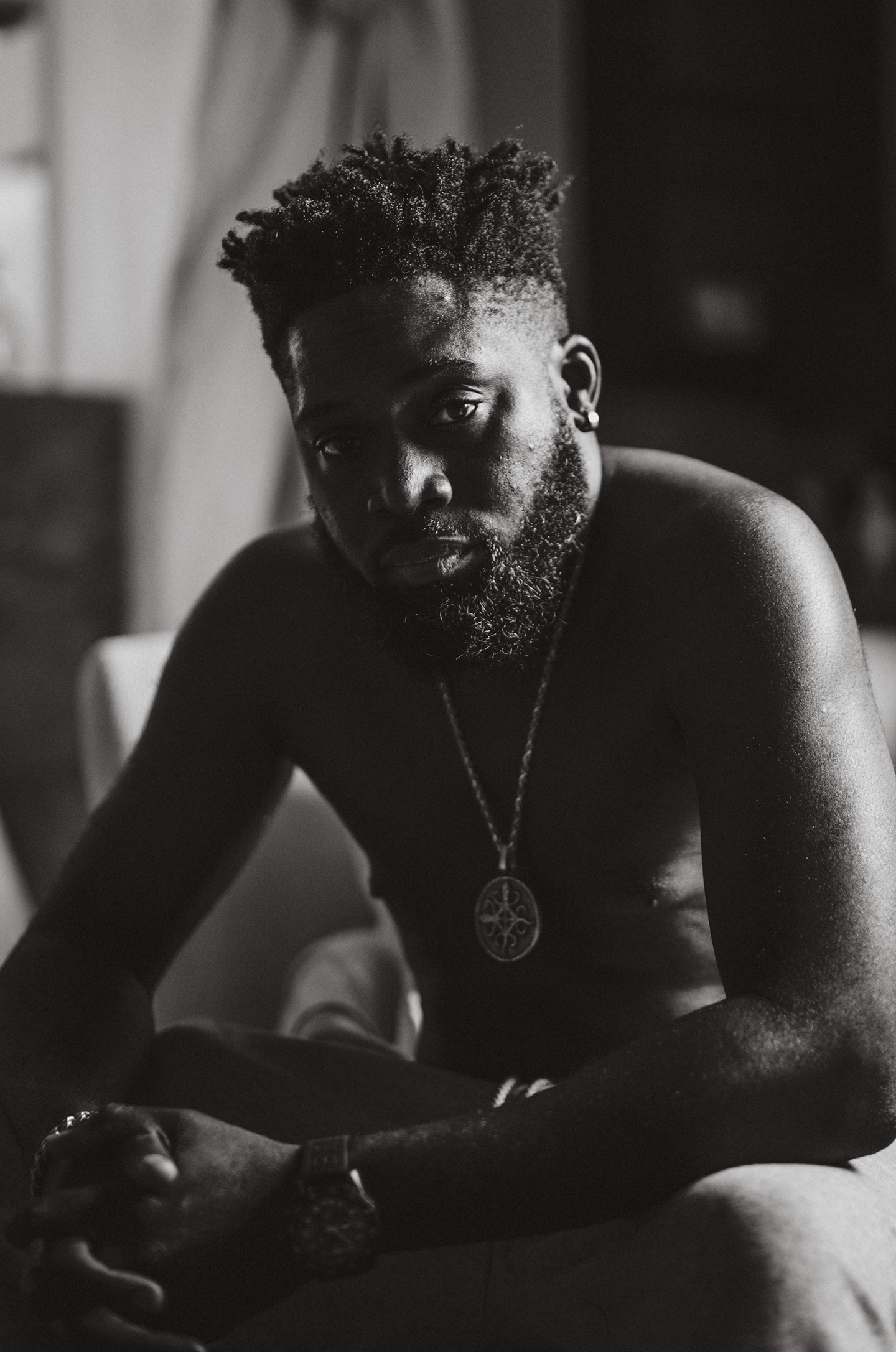
“I'm happy with where my career is. It could be a lot stronger, a lot better. I know the mistakes that I've made, and I know what I need to do to go forward. We don't appreciate love. A lot of artists don't appreciate community,” he says, and the rocky road leading to the release of ‘Peace & Love’ means the sentiment endures in a much heavier way.
“It's an album where, if you want peace and you want to feel love, you're going to feel that in the music, and you're going to feel that in the message in different forms. Love isn't necessarily about kindness, marriage and relationships. Love comes in different forms,” Juls explains. And back home in London, that warmth of hearing a song produced by Juls has become a familiar, comforting sound of summer.
Juls' 'Peace & Love' is out now, check it here
Jesse Bernard is a freelance writer and founder of Marginal Eras, follow him on Twitter


